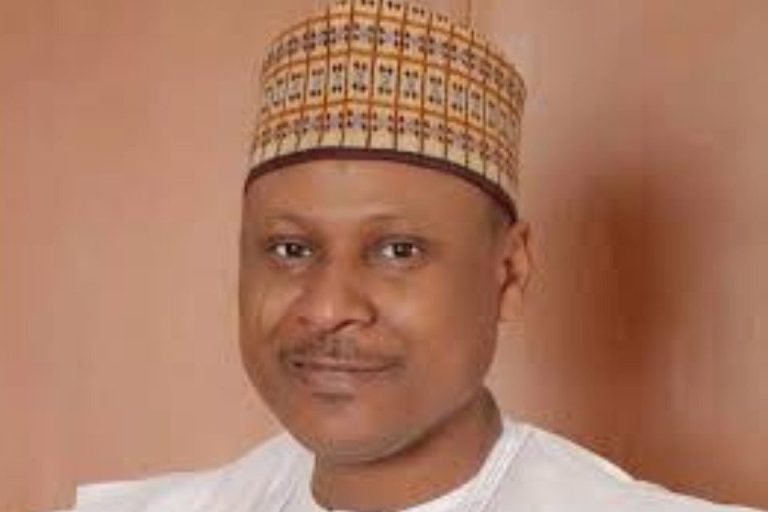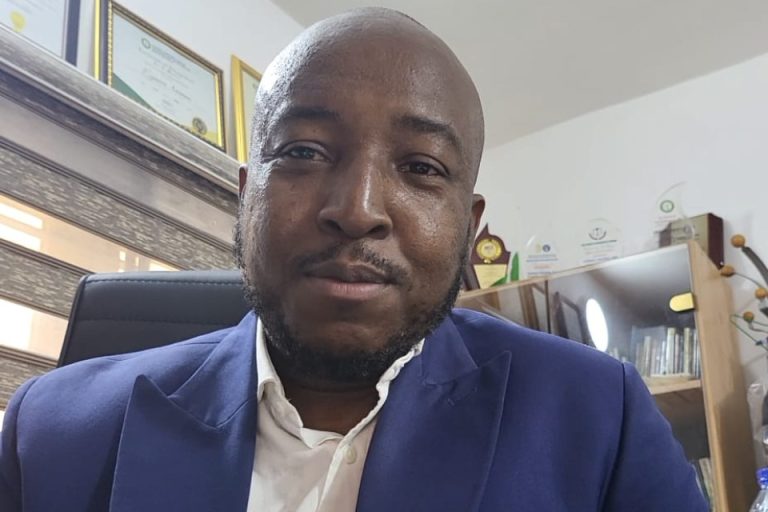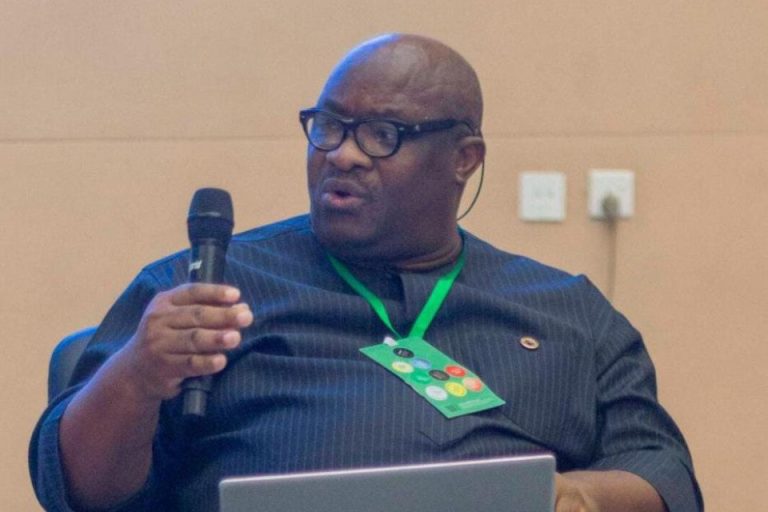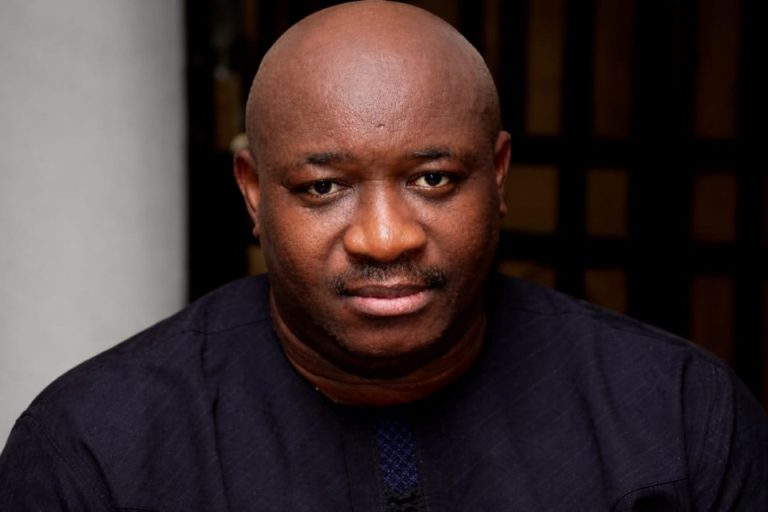Nigeria’s Minister of Information and National Orientation, Alhaji Mohammed Idris, has pledged to work with the Nigerian Guild of Editors (NGE) to reform and harmonise the country’s media laws in line with constitutional guarantees of press freedom and freedom of expression.
The Minister made this commitment during a courtesy visit by a delegation from the NGE, led by its General Secretary, Mr Onuoha Ukeh, to his office in Abuja on July 9, 2025. The Editors presented a comprehensive report highlighting provisions in existing laws, such as the Criminal Code, Penal Code, and Cybercrime Act, that conflict with the Constitution and hinder press freedom and responsible journalism in Nigeria.
Commending the Guild’s approach, Idris said: “What you are doing today is encouraging; instead of putting these on the pages of newspapers, you are here and bringing your inputs.” He assured the delegation that the Ministry would not only engage the Attorney-General of the Federation and other stakeholders but would also set up a committee to review and act on the Guild’s recommendations. “We are all in this together. I will work with the report and ensure we do a good job,” he added
The Minister also noted that ongoing legislative reviews of the National Broadcasting Commission Act and the Cybercrime Act provide timely opportunities for collaborative reform. He encouraged the NGE to remain committed to truth and ethical journalism while calling on media professionals to support national unity and progress.
Mr Ukeh emphasised that many of Nigeria’s existing media-related laws were relics of the colonial and military eras and are now inconsistent with democratic values. He stressed the urgency of reviewing these laws to align with current realities and constitutional provisions.
Meanehile, Chairman of the NGE’s Media Law Committee, Mr Richard Akinnola, cited examples such as the sedition law under Section 50 of the Criminal Code, which was nullified by the Court of Appeal in 1982 but remains in the statute books, as well as the problematic criminal defamation and cyberbullying provisions that are often used to suppress critical journalism. “We believe these sections should be repealed, just as Ghana, Liberia, and Sierra Leone have done,” Akinnola said.
He also raised concerns over Section 24 of the Cybercrime Act, particularly subsection (b) on cyberbullying, which he described as vague and subject to abuse. “Many arrests under the guise of cyberbullying are illegal,” he noted, advocating for legal remedies through existing defamation provisions rather than criminal prosecution.
The Guild said it plans to follow up its advocacy with further engagements with the Attorney-General and the National Assembly to ensure that the reforms are seen through to legislative action.





